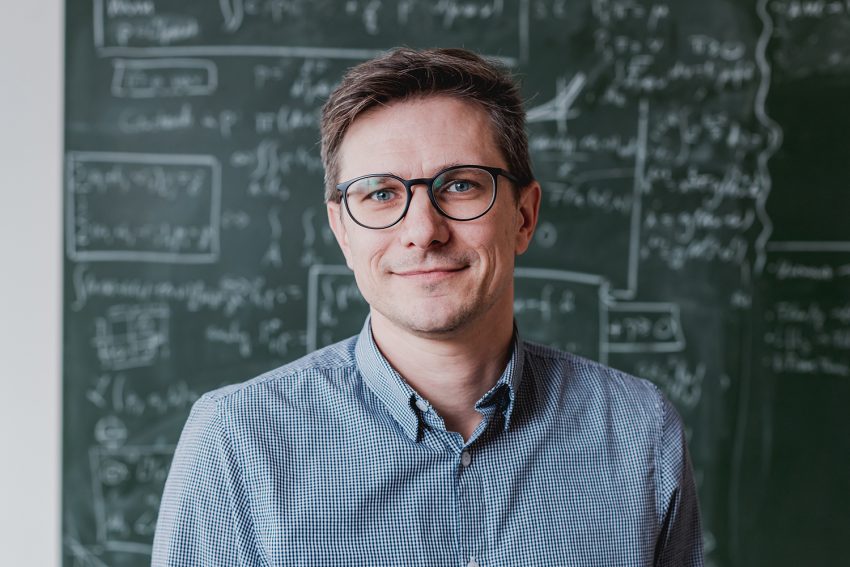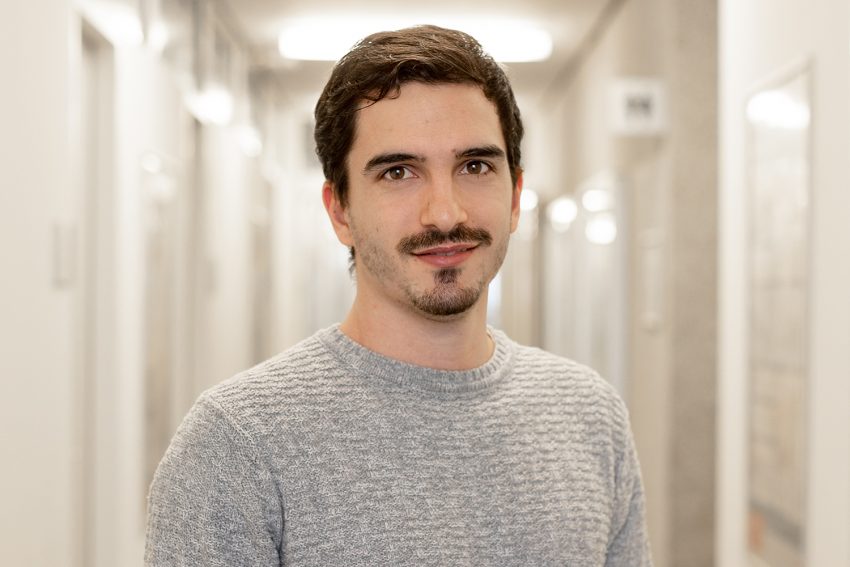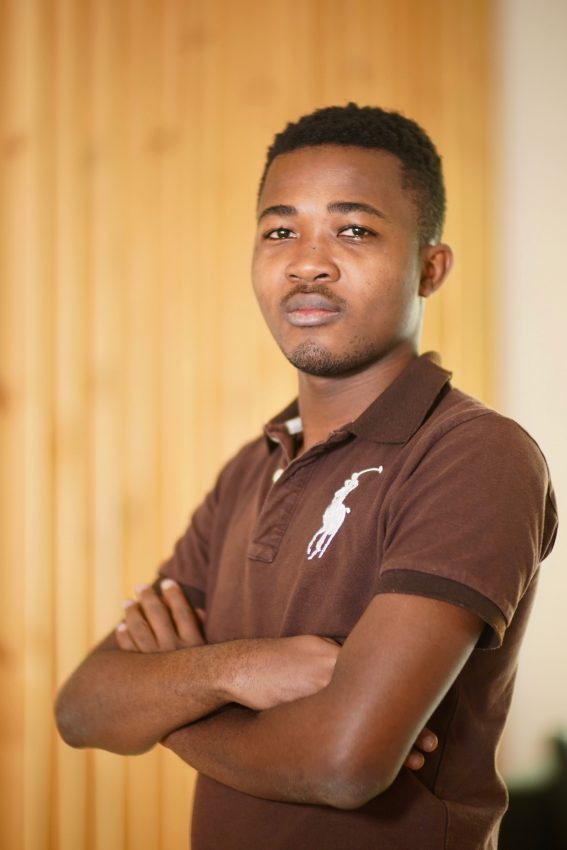Searching for the best problems Start of the international joint project TraDe-OPT
More and more data is created faster and faster. Even if algorithms help to organize the data jungle, they usually need more and more time for optimal results. The joint project TraDe-OPT, involving the Institute for Analysis and Algebra at the TU Braunschweig, is seeking a solution. Eight research institutes and six companies are coming together in TraDe-OPT to formulate mathematical problems in such a way that the algorithms could even become faster with more data. An interview with Professor Dirk Lorenz and the two new doctoral students Emanuele Naldi and Lionel Ngoupeyou Tondji.
Professor Lorenz, what is TraDe-OPT about?
Lorenz: Basically, the project is about optimization. This includes for example, planning processes and preparing data in a way leading to optimal decisions. However, optimizing algorithms are working against a constantly growing flood of data, which at the same time is becoming more and more dynamic. When the algorithm needs four times the time to process the double amount of data, or starts again from scratch with newly added data, it becomes clear how much new methods are needed.
Together with my two new PhD students Lionel Ngoupeyou Tondji and Emanuele Naldi, I am working on convex optimization in TraDe-OPT. Those optimizations have the characteristic that any result that is optimal only for small deviation is already the best possible result overall. It is a big challenge to model problems in such a way that they become convex.
The special feature of this international collaborative project is that it combines top-level mathematical research with practical application. The PhD-students complete one part of the project in the cooperating companies. For example, they help to improve laser and X-ray measuring equipment or accelerate the work of a computer tomograph. At TraDe-OPT, we train 15 specialists in a new field of research.
Mr. Tondji, Mr. Naldi, you both started only a few weeks ago as PhD students at the TU Braunschweig. Why are you dedicating to this project?
Naldi: I studied in Pavia, Italy, for all my academic life. Especially for my master’s degree, I have found an excellent research group for functional analysis in Pavia. There, I encountered various optimization tasks, for example in convex analysis, and was enthusiastic in the theoretical complexity of the topic. Then, the supervisor of my master thesis, Giuseppe Savaré, told me about the project TraDe-OPT, where I found an attractive combination: the theoretical challenge of convex and putting the theory into practice. In addition, I am excited for the international experience and new perspectives.
Tondji: During my studies, I went from Cameroon to Rwanda for my master’s degree in machine intelligence as part of the African Institute for Mathematical Science (AIMS). Afterwards, I discovered my research interest on convex optimization while working for google as an AI resident. Now I am looking forward to contributing to a large-scale project and getting deeper into the topic. The project TraDe-OPT is providing the conditions for a research in an exciting interdisciplinary environment. However, like for Emanuele, it is not only the theory that makes the project fascinating. I am looking forward to implement my research into practical tasks, like enhancing magnetic resonance imaging. Besides the exciting fellowship, I was keen to apply for a Germany Institution. Already, I made good experiences during a research internship at the Leibniz Centre for Tropical Marine Research (ZMT) in Bremen 2018.
The project connects fourteen academic and economic partner institutions. How does the network affect your PhD?
Tondji: The project brings together a large number of experts. Usually, PhD students are only connected their own institution, occasionally reaching out to other scientists. At TraDe-OPT, we start from the beginning as a connected group of international experts. In addition, when I joined the project, I heard that a friend, with whom I studied together in Senegal, has also joined the project – at the University of Genova.
Naldi: I have a similar connection to one of our partner institutions: a close friend applied for the project at the same time and has just started in Graz. We are chatting every week, sometimes even daily. Now we can work together on this topic. This shows how vivid the connection between the project partners is, and I hope that we will also get into such constructive contact with the other participants.



